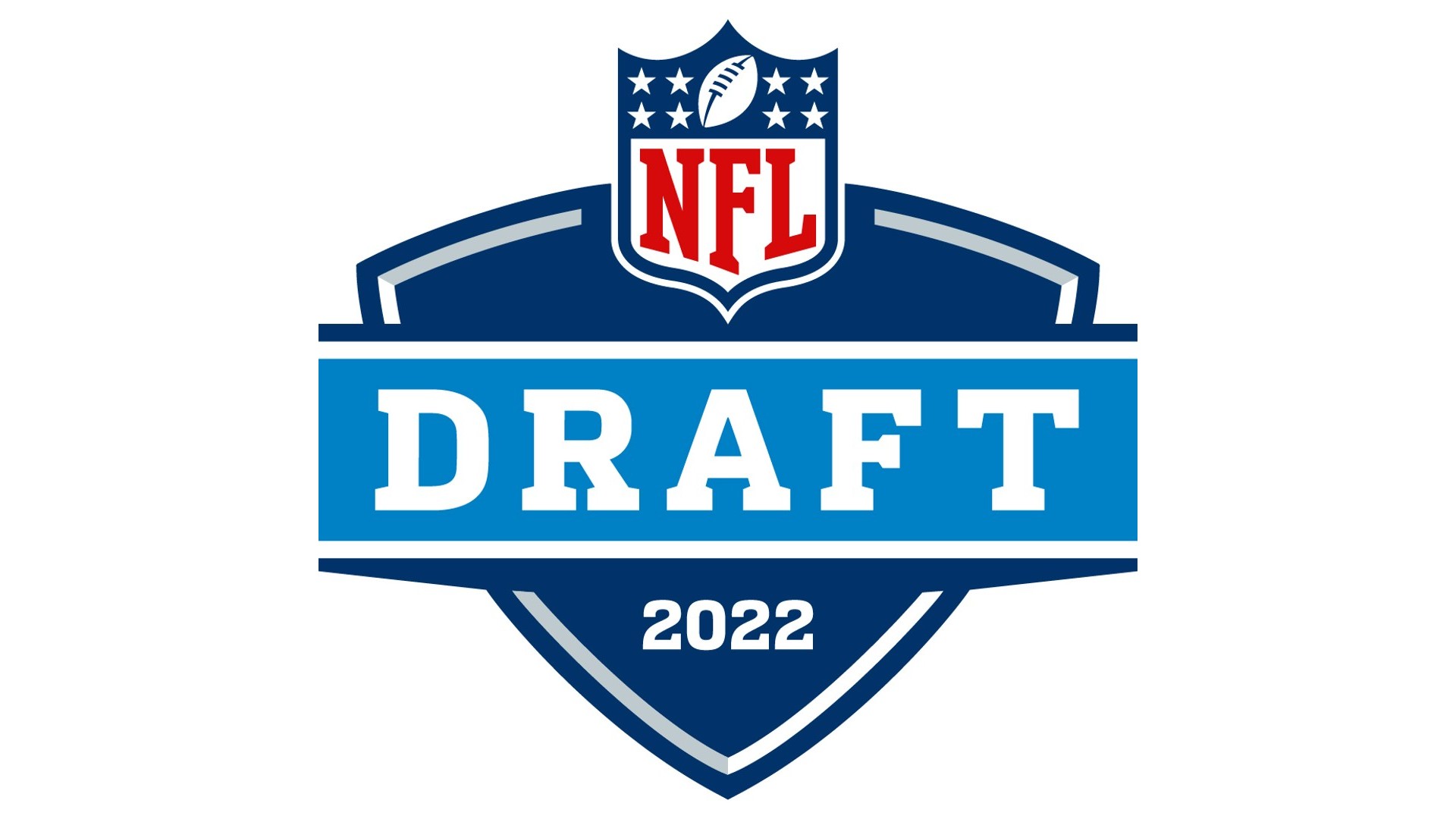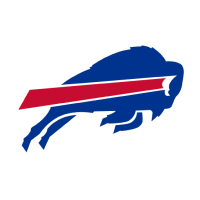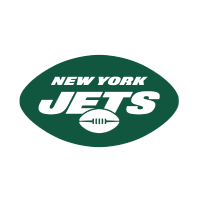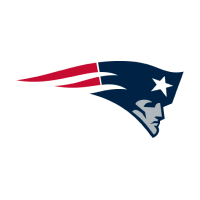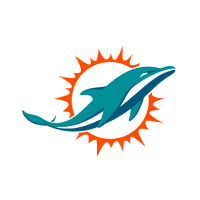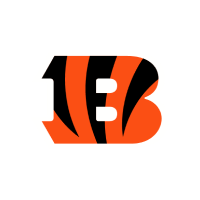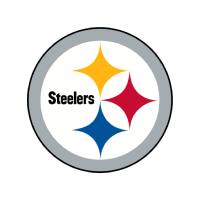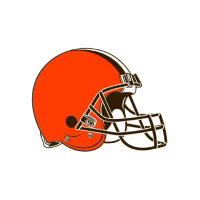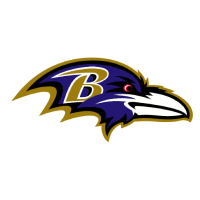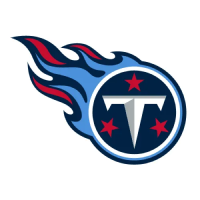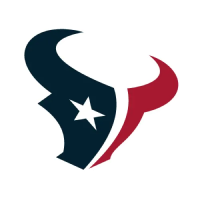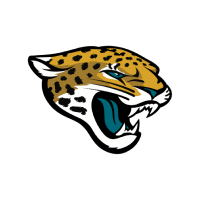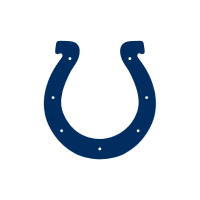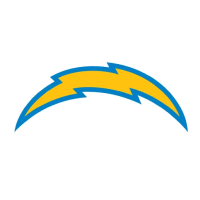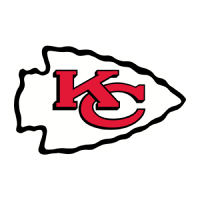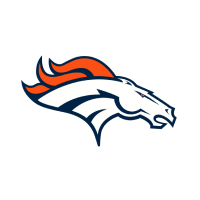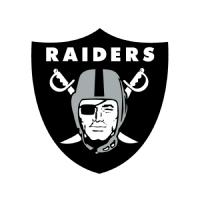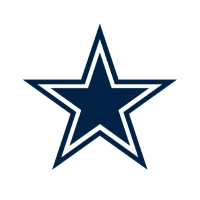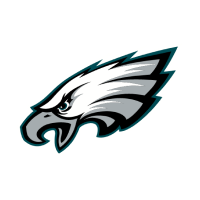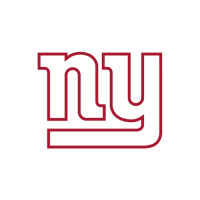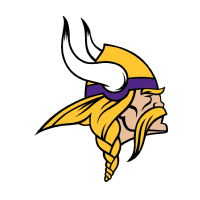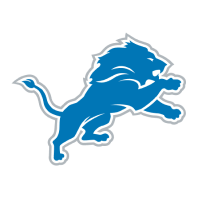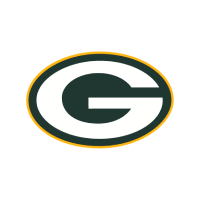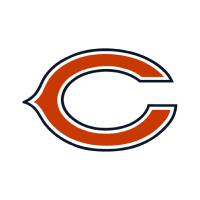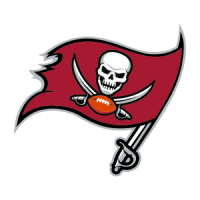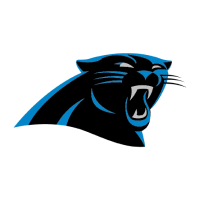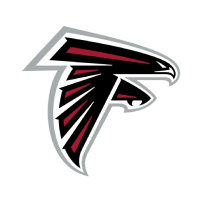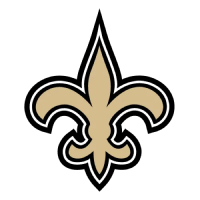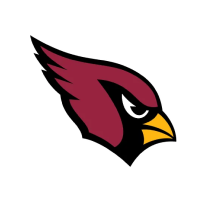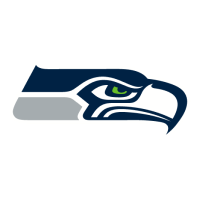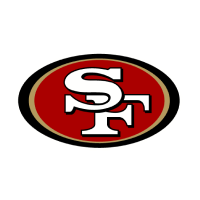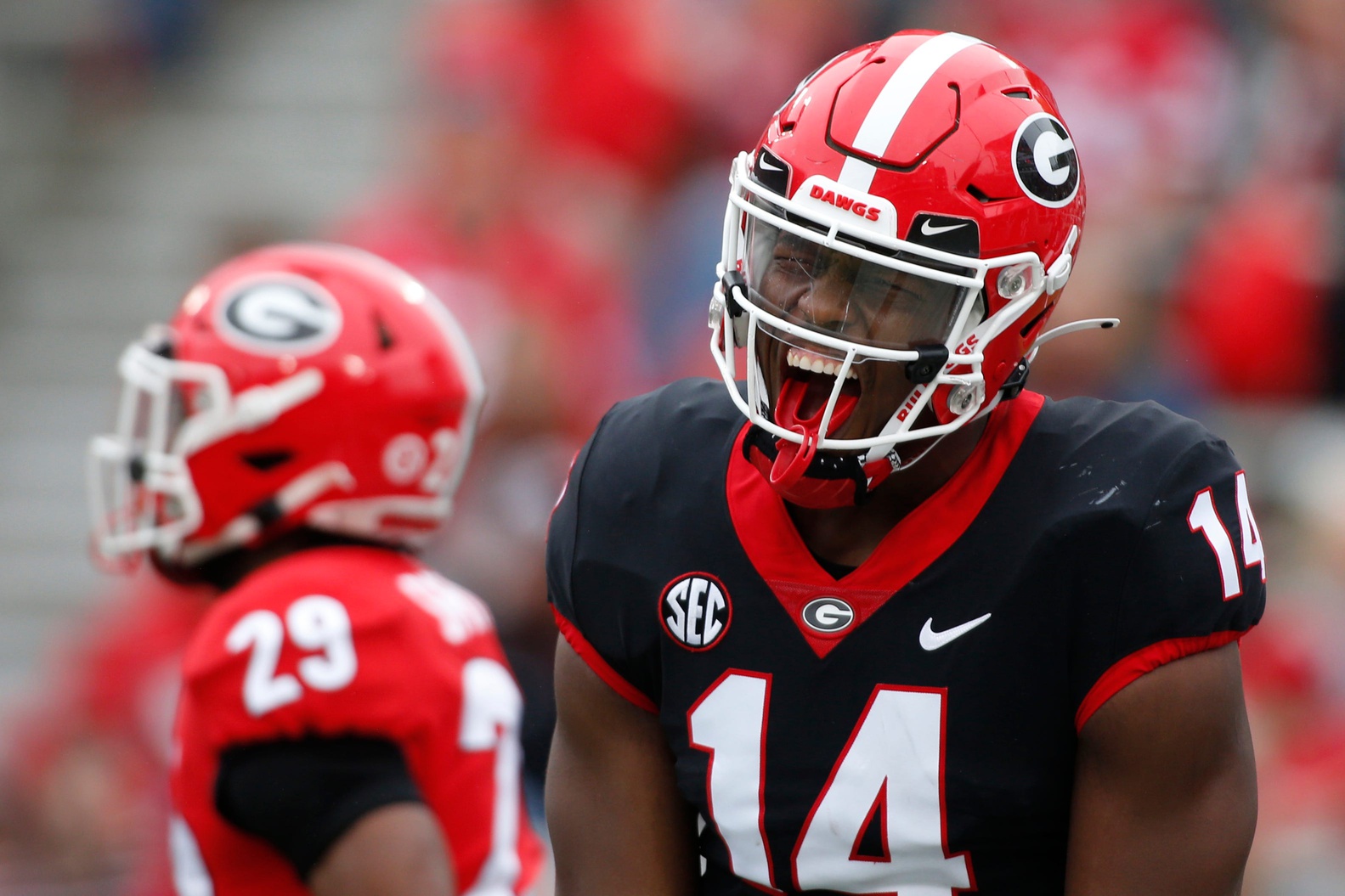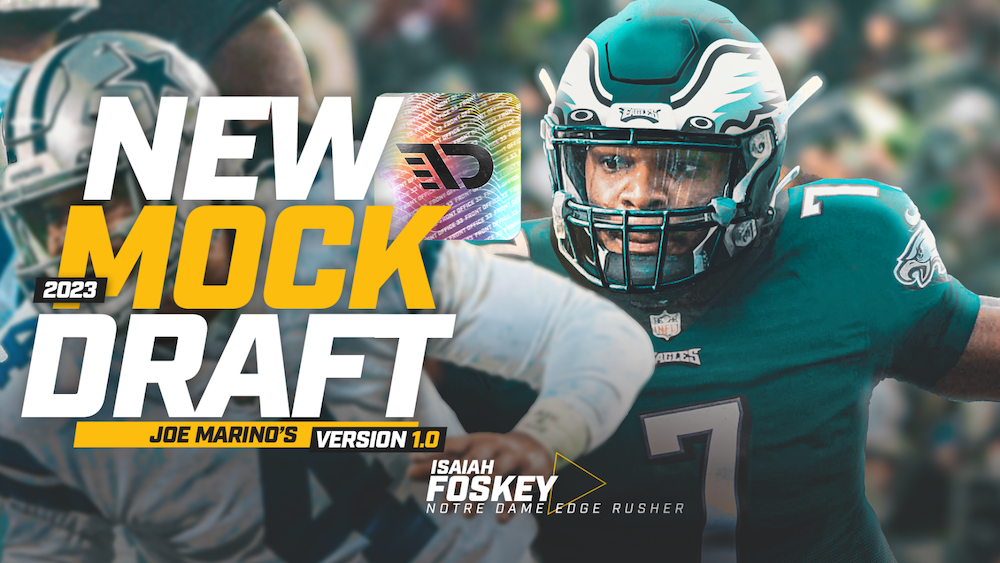The 2021 NFL Draft is deep at cornerback, but there’s one prospect that’s being talked about more than others right now.
Northwestern’s Greg Newsome II is seen by many as an exciting and ascending player. Turn the tape on and it’s easy to see why. Newsome has showcased the ball skills necessary (20 pass breakups in 17 career games) to really thrive at the next level. Pair that with his length and overall athleticism and it’s easy to see why teams are so high on Newsome right now.
A well-rounded prospect with first-round talent, Newsome spoke exclusively with The Draft Network for what was really an X’s and O’s segment. We discussed his instincts as a cover man, his ability to play man coverage, how he developed such a physical mindset, and how he uses his terrific length to his advantage.
JM: You were a terrific basketball player in high school. You lettered three times in the sport. Do you think the skills you learned as a basketball player carried over to your football career?
GN: I think the skills learned in basketball definitely translate to football in certain ways, especially as a cornerback. I’ve always covered the best player. That statement holds true in both basketball and football for me. Guarding the best ball handler on the other team helps me cover the best receiver on the football field. That’s one example where the skills definitely translate.
JM: When and why did you decide to pursue a career in football over basketball?
GN: Honestly, I have to thank my mom for that. I was playing basketball in the sixth grade when 7-on-7 football started up. My mom took me out of basketball and put me in the football program. After that, she decided to keep me in football. She made that decision because there are more scholarships available to football players. It was my mom’s choice at the end of the day.
JM: She made a great choice. One thing that jumps out at me about your game when I turn the tape on is how instinctive you are. You’re so quick to react to what’s going on around you. How did you develop this area of your game?
GN: I played the safety position growing up. I’m used to seeing the game in a different light. The safety is really the quarterback of the defense. The safety has the best view of what’s going on in front of him. Playing on the backend like that just gave me a different perspective. It allowed me to read the game on a different level.
Moving to the cornerback position during my last year of high school and in college, those safety instincts stayed with me. I see things as they develop. Playing safety at a young age and transitioning to cornerback was an easy move for me because my instincts were already there. I give a lot of that credit to my background as a safety. That’s the reason my instincts are so well developed.
JM: What can you tell me about the scheme Northwestern ran on defense? What did your coaches ask of you within the structure of that defense?
GN: We really focused on stopping the run. That’s what we set out to do. We relied on our cornerbacks to make plays on the outside. We lined up one-on-one and trusted our ability to make plays.
I was asked to not give up the deep ball. That was really what my coaches asked of me. We could live with the short gains as long as we didn’t give up the deep ball. I took a different approach to that because I didn’t wanna give up anything short either (laughs). I played a lot more aggressive. I pressed receivers at the line of scrimmage a lot.
I don’t like giving anything up. I took a different approach. Don’t get me wrong, I played within the scheme, but I decided to press my man more often than I was asked to.
JM: You played press coverage, but you mixed it up. You played a lot of zone coverage too.
GN: We didn’t play a lot of press-man. When I’m playing press-man on the boundary, we were usually in a Cover 3 look. I would just make a call to my defensive end telling him not to drop.
When I’m in press-man in a Cover 3 scheme, I have a lot of help. I have help underneath and I have help over the top. I’m always trying to find ways to utilize my help so I can cut off certain routes immediately. That’s what I look for when I’m playing press-man.
When I’m playing off, I like to read the quarterback initially. His drop is gonna tell a story. If he takes a three-step drop, I know the receiver is running something short. That’s how I like to play off-man.
You also have to look at the splits of the receivers. If the receiver has a cut split, you know he’s cutting down for one of two reasons: he’s either running a cross-field drag or to come back out. You have to read the receiver’s cut and pay attention to the splits in order to shade to one direction.
JM: That’s a terrific answer. You clearly understand the game at a high level. You also have terrific length. It’s evident on film. How do you use that to your advantage to disrupt the catch point?
GN: I have to use my length to my advantage at the catch point. Whether I’m up tight to the receiver or a little further away from him, I know that my length can make up for it.
Even when I’m playing off-man, my length comes in handy. If I’m a little slower or open up a little later, I can get away with that where others can’t because I have length and I can still get my hands on the football.
I can also be a lot more physical thanks to my length. I can play a little slower than most people. I can be physical. My length allows me to make up for some of those steps. If I lose leverage or fall behind speed-wise, I can always make up for it with great length. A lot of players don’t have that benefit, but I do.
JM: It shows on tape. I liked what you said there about being physical. You’re very physical and aggressive on film. How did you develop that mindset as a player?
GN: I developed that mindset because offensive players don’t like to be touched. I don’t care what position you play on offense, they don’t want to get hit. Your goal as an offensive player is to NOT get hit. If I can get up in your face, disrupt you, and hit you, then I know it plays to my advantage.
It goes back to what I said earlier about playing safety at a very young age. I was our leading tackler in high school during my sophomore and junior years. I developed that sense of physicality while playing safety in high school. It just stayed with me when I made the move to cornerback. That’s why I’m so versatile. I can play in the box a little bit too because I’m used to it from my high school days.
I’m not afraid to come up and hit you.
JM: I love that. We’ve now reached the virtual part of the draft where things are happening through Zoom. The pandemic has had an impact on the pre-draft happenings. How is this process going for you so far, and which teams have you met with so far?
GN: The Zoom process is going well for me. You just have to keep up with all of the meetings (laughs). A lot of teams are hitting me up.
I’ve spoken with a bunch of teams so far. It’s going very well for me. I like this part of the process because I can show teams what I’m like off the field. I get to show them some of my personality. I try to be more than just a great player. I try to be a great person as well. I’ve really enjoyed my virtual meetings.
JM: There’s a lot of interest in you and it’s easy to see why. You strike me as the kind of guy that loves to improve and work on his craft. I imagine you’re focused on trying to turn more pass breakups into interceptions at the next level. You get your hands on the football a lot. Is that a focus of yours? How can you take a step forward there?
GN: That’s a crucial focus for me. I left a few of those opportunities on the field this past season. I’m focusing on my eyes while playing off coverage. In press-man, it can be difficult to get picks because it’s a different type of game in press-man.
But when you’re playing off, that’s when you anticipate more passes. That’s something I’ve been working on. I have to do a better job trusting my eyes. I’ve been a little hesitant while playing off coverage at times. I’m focused on trusting my eyes and trusting my ability to go out there and make plays. I can definitely catch the ball and I know I can make those plays.
I have a lot of football ahead of me, and I’m ready to turn some of those pass breakups into interceptions at the next level.
JM: I love that. We’ve talked about so many of your strengths. We’ve touched on things like your length, instincts, and physicality. What is one of your strengths that you don’t think gets talked about enough?
GN: My savviness. I think I’m one of the smartest players in the draft. I eliminate things right away based on splits and formations. I watch a ton of film, so I always have a great feel for what the offense is trying to do.
Whether they go 12- or 11-personnel, if the back offsets weak, if he offsets strong, I have a great feeling for what’s coming. I credit a lot of that to our coaching staff. We have a lot of those little nuggets that we use as takeaways depending on the play.
We always had a good idea what the offense was trying to run in certain formations. My savviness is definitely worth mentioning.
Another thing that doesn’t get talked about enough is my speed. A lot of people don’t think I’m gonna run a fast time at my Pro Day. Some teams were asking about that just because I haven’t really shown that on film. I think that’s just a credit to me not getting beat deep. I don’t get beat deep too often. I never had to really show my speed. I think speed could honestly be the best part of my game. That’s the reason I’m able to get my hands on so many passes. Teams need to realize that. That’s one of the reasons I’m so aggressive on throws underneath. I trust my speed so much that I’m not worried about a guy running past me.
My savviness and my speed definitely come to mind.
JM: That’s a great answer. Who would you say are some of the best receivers you ever had to cover?
GN: My freshman year was probably the most difficult in terms of receivers I had to cover. I had to cover Terry McLaurin that year. I went against [Purdue WR] David Bell this past season. He’s a really good receiver. Those are two guys that come to mind.
JM: Where are you at from a health perspective right now? How have you addressed that question with NFL teams during your Zoom meetings?
GN: I’m 100% healthy. I’m 100% healthy to go. The groin injury that bothered me in the past is 100%. I’m ready to run as fast as I can at my Pro Day on March 9 [editor’s note: the interview was completed on 2/26]. I’m ready to show off my strength.
When teams ask about my injury history and things of that nature, I don’t consider myself to be injury-prone. In fact, I think I’m very durable. People may say that I’m not durable because I’ve had injuries but none of those injuries required surgery. I’m a guy that’s going to go out there and give it my all on every single rep. You’re bound to get a little banged up here and there when you play the game the way that I do.
Even the injury that I had in 2019, I hurt my PCL at practice. I was doing a one-on-one drill with one of our receivers and I was trying to make a competitive play on the ball. With how hard I play, with me giving it my all on every single rep, some of those things are going to happen.
None of the injuries I’ve had are impacting me at all right now. None of those injuries meant anything. My body is ready to go. I’m definitely ready to show people that I’m 100% healthy at my Pro Day. The numbers I’m gonna put up will prove that to a lot of people.
JM: We’re so glad to hear that. If you could pick the brain of any cornerback in the NFL, who would you choose and why?
GN: I would probably go with Richard Sherman. He’s not the fastest guy, but he’s so smart. He sees things before they happen. He’s also a very physical player. People don’t give him enough credit for his ability to play man coverage. He can play some man coverage too. I think he can do it all.
I would love to talk to him. He came from a school kinda like Northwestern. He’s a very intelligent guy. He’s been through a lot. He’s played a lot of good football. He’s so savvy on the field. The way he diagnoses plays and jumps routes, it’s very intriguing to me. A guy like Richard Sherman would definitely be a cool guy to talk ball with.
You’re such a smart player, I just have to hear your answer to my next question before I let you go. How do you approach a bigger, more physical receiver in coverage differently than you do a smaller, shiftier one?
GN: As far as big receivers go, I played against David Bell this past year. I consider him to be a bigger guy. I love to play against guys like that because I’m so physical.
I rarely encounter a receiver that’s bigger than me. Those big guys, I still don’t think they like to get pressed too much (laughs). They’re not getting used to getting hit in the mouth.
I’m gonna play those bigger guys a lot slower and with more patience because I don’t think they can run past me. I’m gonna sit on their inside hip and stay a little bit underneath them. I’m still gonna be physical with them at the line of scrimmage. I’m gonna get my hands on them early and disrupt the route. If you disrupt a big guy early, he’s not gonna be able to get out of his breaks like a shiftier guy like Tyreek Hill or Odell Beckham can. I’m always gonna be more physical with that bigger guy because I know that if I disrupt the route early, he’s not gonna get out of his break.
A smaller guy, I lean on my help a bit more. With smaller guys, they love to run those option routes. They like going deep a lot more. I’m just trusting my technique with those guys. I’m trying to mirror them. I like being physical with them too.
As you can probably tell, I like being physical with all types of receivers (laughs).
If I get my hands on those smaller guys early, the route is over with. I’m bigger than them and I’m stronger than them. If I can disrupt those smaller guys really early in the route, I did my job and the quarterback is gonna move onto his next read.
I think the key is to be physical with both of them. I don’t think any receiver likes getting touched. No matter how big they are, they don’t like contact. A lot of receivers say they like it, but I think they’re lying (laughs). They don’t like getting touched like that. I choose to be physical with all of them.
JM: That’s the best answer I’ve ever received to that question. I’ve really appreciated your time today, Greg. This has been terrific. I feel like you’ve allowed our readers an opportunity to understand how you operate as a player. It’s easy to see why you’re one of the best cornerbacks in this draft.
In closing, when a team uses a first-round draft pick on Greg Newsome, what kind of guy are they getting?
GN: When a team picks Greg Newsome, they’re getting a guy that’s gonna give it his all every single day. They’re gonna get a natural-born leader. I’m gonna do the right things both on and off the field. They’re gonna get the ultimate competitor. I don’t like it when guys catch the football. I don’t like losing. That’s the mindset I’m gonna bring with me. I’m gonna instill that attitude into my teammates.
Whichever team I go to, we’re not gonna lose. That needs to be said. We’re not gonna lose.
They’re gonna get the ultimate competitor. I’d do anything to win a game. Whether you need me to play special teams, wide receiver, cornerback, nickel, or safety, it doesn’t really matter. I’m gonna do whatever it takes to win a game. I want to compete. I want to cover the best receiver every single week.
Filed In
Related Articles
NFL Draft
Arik Gilbert Doesn’t Need Big Workload To Be A Top NFL Draft Pick
- Aug 22, 2022
NFL Draft
2023 NFL Mock Draft: Marino 1.0
- Aug 22, 2022
Written By
